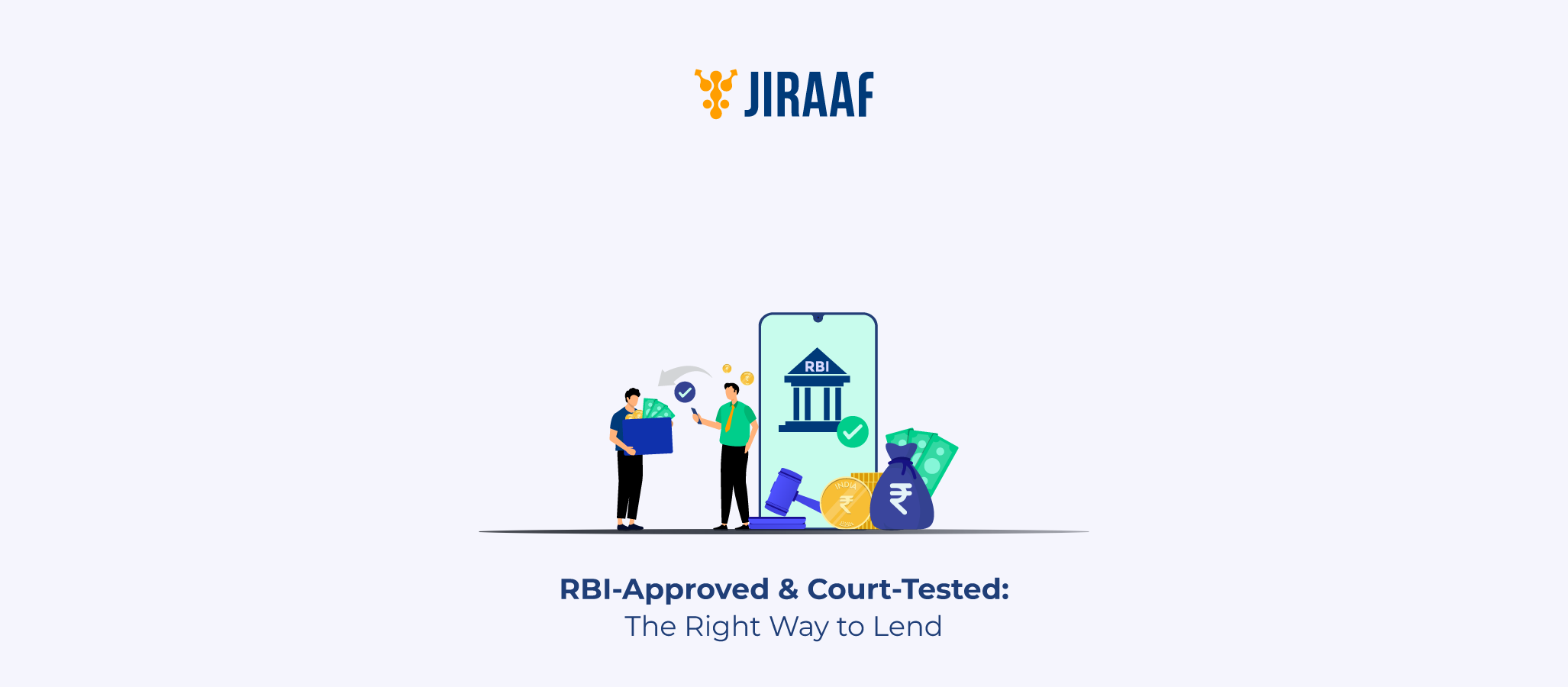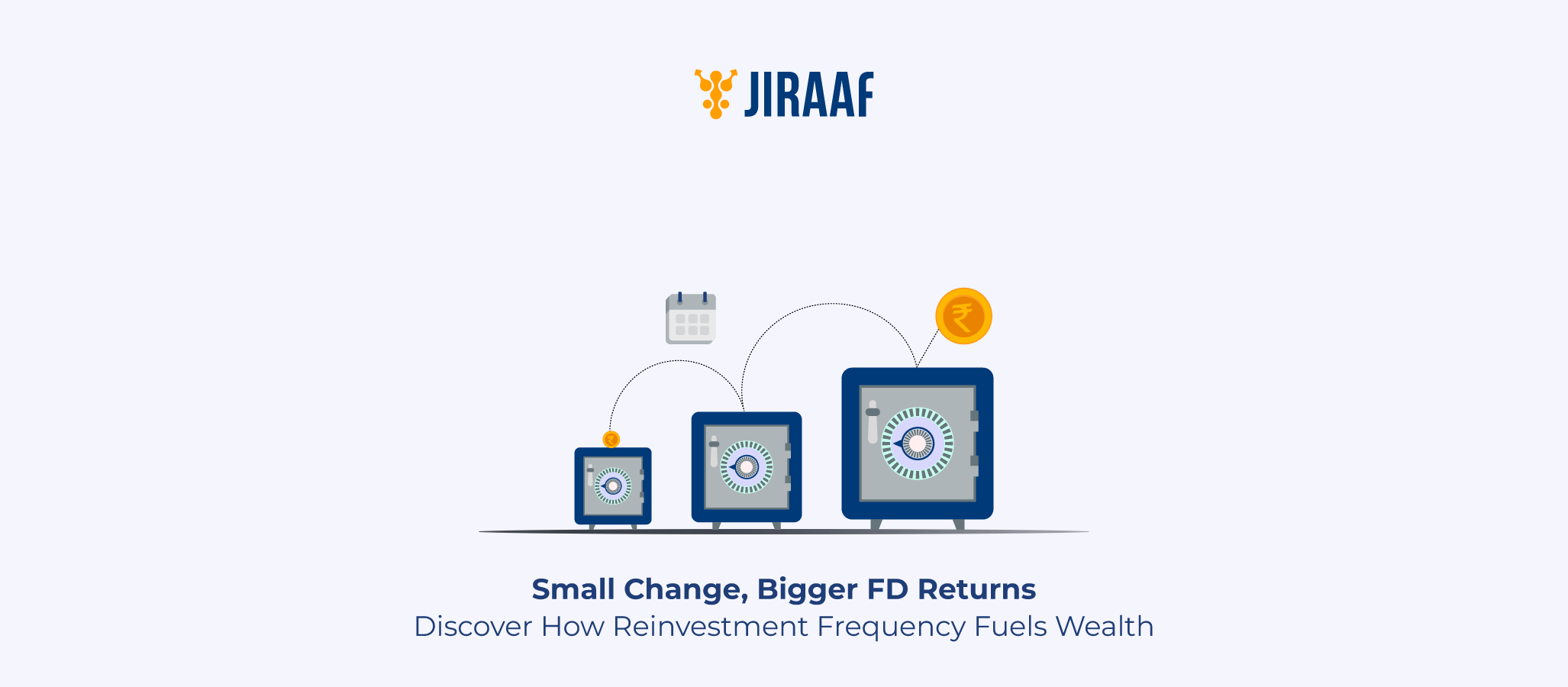If you’ve ever wondered how political parties in India receive large-scale donations without donor names being disclosed publicly, electoral bonds could be the explanation. Launched in 2018, these are interest-free promissory notes issued by the State Bank of India (SBI) designed to allow Indian citizens and domestic firms to support political parties anonymously. Proponents argued that they would cleanse political funding by replacing cash donations, but critics warn of the lack of transparency and potential misuse. Here, you can learn exactly what electoral bonds are, how the scheme works, who is eligible, why they were introduced, how to buy them, and the criticisms that ultimately led to the Supreme Court striking down the scheme in February 2024.
What Are Electoral Bonds?
SBI issues electoral bonds as bearer instruments, allowing you to donate them to eligible political groups. They are available in amounts from ₹1,000 to ₹1 crore; these products are only accessible during specific sale times. The bond does not record your name as the buyer, thus donations are anonymous to the public and party, though SBI keeps data behind the scenes.
Understanding the Electoral Bonds Scheme
The initiative was introduced through revisions in 2017 and commenced in January 2018, tried to “cleanse political funding” by directing donations into banking channels. Bonds were issued four times a year, for ten days each in January, April, July, and October, and later during election years. Bonds need to be purchased through a KYC-compliant account, and parties must cash them within 15 days; otherwise, SBI will send the funds to the Prime Minister’s National Relief Fund (PMNRF).
Here’s how the electoral bond scheme runs:
- Timeline: Bonds are sold for 10-day windows in January, April, July, and October. During general elections, sale windows are extended to 30 days.
- Denominations: ₹1,000, ₹10,000, ₹100,000, ₹10 lakhs, and ₹1 crore.
- Purchase rules: You must complete KYC with an SBI account; cash procurements are not allowed.
- Liquidity: Political parties registered under Section 29A of the RP Act (with at least 1% vote share in the last general/state election) can redeem the bonds within 15 days of purchase. Unredeemed bonds lapse into the PMNRF.
Why Were Electoral Bonds Introduced?
The government promoted them to reduce anonymous cash donations, fight undeclared “black” money, and increase transparency and accountability by tracing payments through banks. In the 2017 budget, Finance Minister Arun Jaitley stated that, despite decades of democracy, India still lacks a transparent political finance system.
It was primarily designed to:
- Eliminate cash in political finance systems.
- Facilitate the digital flow of funds.
- Offer donor privacy to guard against reprisals.
How Do Electoral Bonds Work?
Here is a brief explanation of how exactly do electoral bonds work.
- Buy during SBI sale windows using cheque, DD, or online payment (no cash).
- Donate to an eligible party by handing over the bond.
- Redeem within 15 days; unredeemed bonds transfer to PMNRF.
- Parties must report aggregate bond donations to the Election Commission – not donor names.
How to Buy Electoral Bonds: Step-by-Step
Here is the simple process that you need to follow to purchase electoral bonds.
- Open your SBI account, complete KYC.
- Check sale dates—these run quarterly and longer during election years.
- Visit SBI or use net banking to buy your bond project.
- Choose denomination and mode of payment (digital only).
- Obtain the bond, which resembles a bearer instrument.
- Donate to a qualifying party within 15 days.
- Confirm encashment—or track payment to PMNRF.
Eligibility, Denominations & Validity
- Eligibility: Only Indian citizens and domestic companies with KYC-compliant SBI accounts.
- Who can receive: Registered political parties under RP Act Section 29A with ≥1% vote share.
- Denominations: ₹1k, ₹10k, ₹1 lakh, ₹10 lakh, ₹1 crore.
- Validity: Must be converted to cash within 15 days—otherwise expires and is donated to PMNRF.
Criticisms and Transparency Concerns
1. Selective Anonymity
The Supreme Court noted that anonymity was permitted, selectively visible to SBI and investigative authorities but hidden from the public and election regulators. That gave the ruling party a potential advantage.
2. Opposition with Limited Insight
Opposition parties often lacked donor visibility while potentially leveraging central agencies’ data.
3. Advantages over Risks
Without public disclosure, quid pro quo arrangements become more likely. The Supreme Court flagged that the scheme could facilitate hidden influence trades.
4. Black Money & Shell Companies
Despite intentions to curb cash, the scheme opened avenues for shell companies and illicit money use. Analysts warned it didn’t help transparency and may have even worsened systemic opacity.
5. Legal Challenges
Several petitions argued that the scheme violated the Right to Information and other constitutional norms. The Election Commission opposed it early on, calling it one step away from transparency.
Supreme Court Verdict: Scheme Struck Down
On February 15, 2024, the Supreme Court ruled the electoral bond scheme unconstitutional, finding it violated citizens’ rights to free speech and transparency. SBI was ordered to stop issuing bonds and to hand over donor data post-2019 to the Election Commission. Post this decision, public disclosures revealed that several top donors had ongoing investigations at the time they purchased bonds, raising further questions.
Conclusion
Though struck down, the scheme has reshaped public debate on political funding. As you weigh political donations or analyze campaign financing, consider the delicate balance between donor privacy and transparent democracy—a conversation that electoral bonds pushed into the spotlight.
Discover fixed income investments with Jiraaf, a SEBI registered online bonds platform that educates and brings access to a wide array of bonds. Sign up today to explore diversified fixed income investment opportunities to support your goal-based wealth creation journey. Start investing!









